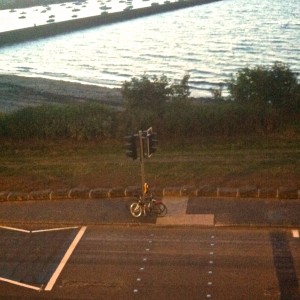As I mentioned in my last post, one core issue in getting people to maintain healthy behaviours arises from the fact that our biases mean it can be difficult for us to commit to undertake the activities we plan to do. With this in mind, I went to find out more about StickK. Its a great website, created by Yale Uni economists and built on real economics. The concept is that you log in to the website and enter your personal goal or ‘commitment contract’. You can then ‘set the stakes’ whereby you nominate someone to receive a financial amount (i.e. your cash) if you don’t meet your goal.
According to the site, they’ve had 265,200 commitments created and $19,037,674 put on the line. I think it would work for me. What about you?
